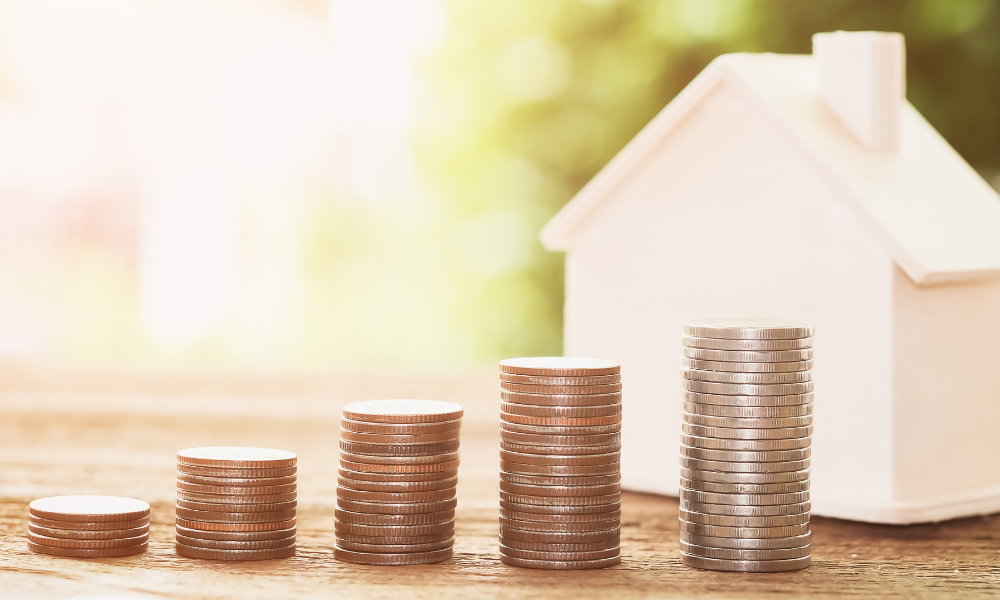5 Important Questions For Your Town Planner
You’re about to kickstart your development and have decided to employ a town planner to handle the application – good choice! So … what now? What questions should you ask your town planner?
For a first development, it’s certainly not unusual to feel a little lost. What does an application entail? What am I supposed to do? Where do I even start? Hence the town planner! We thought we’d offer some important questions to ask your town planner that will help you understand the process and also serve as an ‘ice breaker’, creating stronger communication between developer and planner.
Important tip: Don’t just stick to the five questions! Ask as many questions as you need answered. Having the developer onboard, understanding, and at ease with the application is a key element of the town planner creating a successful application.
So, without further ado, here are the 5 Important Questions to Kickstart a Successful Development Project:

1. “What can you do for me and what is the application process?”
Far and away the most critical question to ask is, ‘what can you do for me and what is the application process?’. Asking your town planner what they DO is a bit of a no-brainer and will help you get your head around things like:
- What role the town planner plays;
- What is required for a successful development application;
- What the actual development application process is; and
- What can I divert my attention away from to focus on other important aspects of the development?
The truth of it is, putting together a development application can be overwhelming. There is a lot of legislation to research, documentation to gather, data to provide, and stringent processes to follow. This is the perfect opportunity to get your head around it all!
2. “What can you tell me about the council and its attitude towards development projects?”
Asking about the council and its attitude toward development is a bit of a ‘two birds one stone’ question.
It’s always good to know what you’re up against and get an idea right from the get-go exactly what standards must be met and how your development may be welcomed by the local council.
It’s also good to know whether your town planner is familiar with, or had dealings with, that local council. Whilst it’s definitely not the end of the world if they’ve not, a town planner with experience dealing with that particular council is a powerful tool. After all, they’ll likely know the people to talk to, the way the council likes their applications, and just how to smooth the way for a more successful development.
That’s a reduction in risk right from the start.
3. “How long does the development application process take?”
When you ask how long a development application takes, you’ll always get a ballpark or a ‘best case, worst case’ estimation. The thing is, every development is different.
Every business has its own uniqueness and every property can be governed by different pieces of legislation. Just because someone else with a light industrial business got their application approved doesn’t automatically mean yours will be that easy. Perhaps your business has more emissions or your property has an ecologically important waterway on it. There are a LOT of variables.
It’s still an important question to ask. It sets the bar for timeline expectations. Sometimes it takes a little longer. Sometimes even the town planner will be shocked at the speed! The important thing is to know your rough timeline and for your town planner to update you regularly about changes in your application that may affect that timeline.
It’s important to note that time quotes will always be based on the experience of the town planner, who has the knowledge to quickly navigate legislation and get things just right.
4. “Are there any potential extra costs that could crop up?”
Just like the timeline question, a quote for potential extra costs is going to be a ballpark figure. It simply depends on the development and any unplanned hurdles that come along.
When your town planner provides a fee proposal, they should provide, within that, not only their own fee, but also the set fees of other organisations such as the local council, state government agencies, required additional consultants, and corporate bodies.
That’s got you prepared for the set costs, but your town planner can also give you an idea of other fees that may crop up due to development and application issues. That could include fees for penalties, changes to applications, and application appeals.
The majority of the time, your fees won’t deviate, but with budgeting being such an important part of a development, it’s good be prepared.
5. “Have you had experience with this type of development before?”
The question of experience is in no way, shape, or form suggesting that someone with less or little experience will be incapable of quality planning services. However, for a development that you know has the potential to be tricky or time sensitive, or even just for peace of mind, an experienced professional town planner is your best option.
Experience with specific types of developments brings the benefit of:
- Familiarity with local council, its planning scheme, and other planning legislation;
- An understanding of the time that goes into the development application and its process;
- A better idea of the costs involved with your development application;
- Knowledge-by-experience that guides the planner through unexpected hurdles; and
- Peace of mind that you’ve got a seasoned veteran taking care of things.
Your development is unique, but your experienced town planner will be familiar with enough similar experiences to tackle the application head on!

Our Town Planners Have The Answers To Your Important Questions
Make the most of your 20-minute consultation with Planning Approval Group, our team is ready and waiting for those questions!
Let's sit down and chat about turning your development plans into a successful development project!










